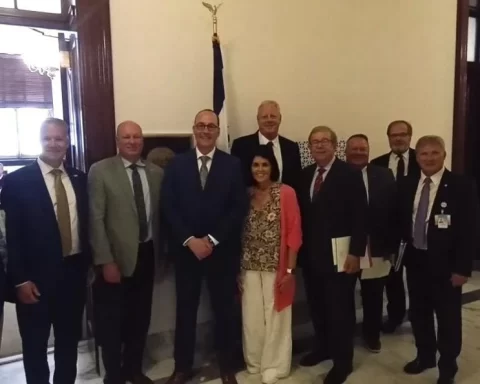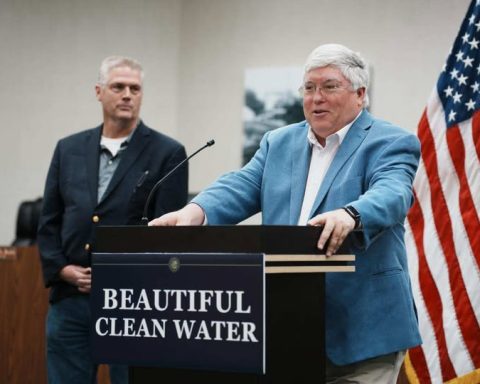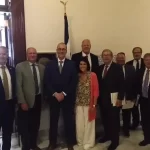CHARLESTON, WV – Secretary of State Kris Warner is making waves in West Virginia’s political scene with a controversial proposal aimed at drastically increasing penalties for failing to file quarterly campaign finance reports. Senate Bill 483 seeks to raise the penalty for missing a filing deadline from the current $10 per day to a hefty $500 for a first offense, and $1,000 for each subsequent violation.
The bill, which is making its way through the state legislature, has sparked an outcry from local Republican and party executive committees, particularly in smaller, rural areas where the penalties could have devastating financial consequences. These local committees, which rely heavily on grassroots fundraising efforts like “Lincoln Day Dinners” to support their work, could find themselves facing bankruptcy if they incur even a single penalty.
The primary concern is that the new penalties would be unaffordable for many committee members, who are typically volunteers, often elderly women who are retired and serve in these positions out of a sense of civic duty and to stay active in their communities. These volunteers, who are not paid for their time, would face the risk of seeing their local committees financially crippled due to a mistake as simple as missing a filing deadline.
“It’s an unfair burden on the people who are the backbone of our party at the local level,” said an unnamed county Republican committee member. “We already work on tight budgets and rely on small fundraisers to keep things running. These penalties could destroy everything we’ve worked for.”
In addition to the steep fines, Senate Bill 483 also includes a provision that would allow the Secretary of State’s office to hire a debt collection agency to target the credit scores of committee members who are unable to pay their penalties. This provision, located on page 3, line 59 of the bill, has raised concerns about the potential personal financial ruin for local elderly volunteers who may not have the means to pay these penalties.
The bill would affect not just local Republican executive committees but also political action committees (PACs), state senators, delegates, and all candidates running for office in West Virginia. Critics argue that this could lead to a chilling effect on political engagement and discourage potential candidates, especially those from small or underserved communities, from running for office due to the increased financial risk.
Opponents of the bill argue that Warner is pushing for these harsh measures not only to enforce campaign finance transparency but to generate more revenue for his office, which would allow him to increase salaries and offer bonuses to employees within the Election Division. According to several sources familiar with the issue, this could lead to a significant uptick in penalties collected, with the resulting revenue potentially bolstering Warner’s office’s budget and giving him more leverage to secure salary hikes for his staff.
“The bill has less to do with campaign finance transparency and more to do with increasing the size and budget of the Secretary of State’s office,” said one lawmaker who requested anonymity. “It’s essentially a way to fund his own department’s payroll while making it harder for volunteers to keep their committees running.”
Members of the House of Delegates have expressed their concerns over the bill, with several fearing that it could negatively impact the political landscape in West Virginia, particularly for smaller, local candidates who are often funded by grassroots efforts.
Despite vocal opposition from the House, Senate Bill 483 passed in the West Virginia State Senate with some lawmakers raising concerns over the bill’s potential impact on local committees and grassroots organizations. With its passage, the bill now heads to the House of Delegates, where it is expected to face further scrutiny and debate.
For now, local Republican committees, volunteers, and political action groups are left grappling with the reality of a system that could penalize them into financial hardship. If passed, SB 483 is likely to have a chilling effect on civic participation in local executive committees, which are already struggling to find volunteers. With the steep penalties for minor filing errors and the threat of financial ruin, many potential volunteers—particularly elderly retirees—may be discouraged from stepping forward to serve. The increased financial burden could lead to fewer individuals willing to take on these critical roles, ultimately weakening the very grassroots structure that drives local political engagement in West Virginia. As a result, communities could face a diminished ability to organize, fundraise, and advocate effectively, further eroding the foundation of local political involvement across the state.












